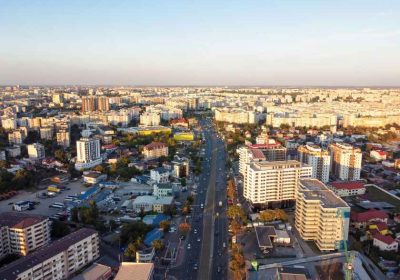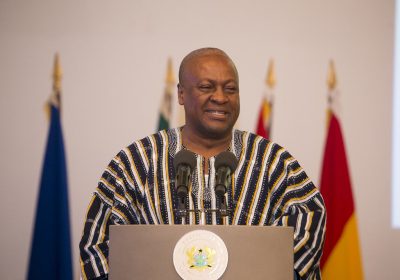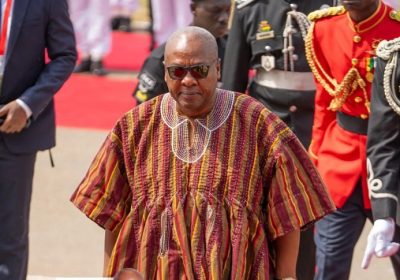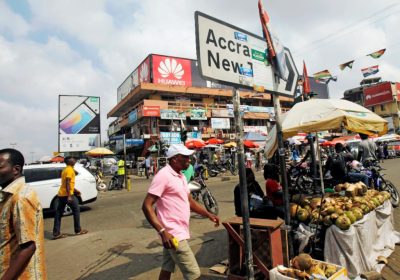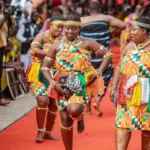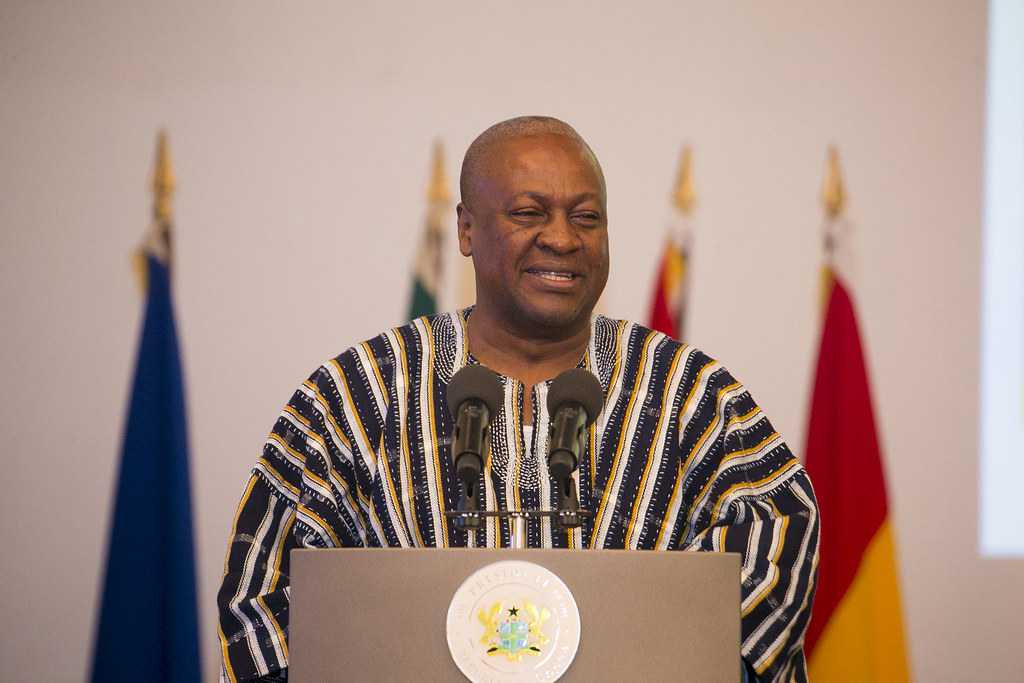
- 130 Views
- 2 Min Read
- (0) Comment
Ghana Positions to Capture Share of $1.3 Trillion Global MICE Market with Ambitious Infrastructure Expansion
In February 2025, President John Dramani Mahama unveiled plans to transform Ghana into a premier destination for international conferences, business summits, and large-scale exhibitions, signaling a renewed push to diversify the nation’s tourism economy. During his first State of the Nation Address, President Mahama emphasized the strategic value of tapping into the global Meetings, Incentives, Conferences, and Exhibitions (MICE) sector, projected to surge to $1.3 trillion by 2028.
“The rise of world-class event spaces in Ghana is rewriting our story. We’re no longer just hosts; we are global trendsetters in how Africa celebrates.”
Kojo Adomako, Event Strategist
Strategic Vision:
“We must capitalize on our unique strengths to maximize opportunities and cement our reputation as the ‘Center of the World’,” Mahama declared, referencing Ghana’s historical significance and stable governance.
Current Infrastructure Reality:
The ambitious vision faces immediate hurdles. Industry experts warn that Ghana’s current infrastructure lags behind regional rivals. The Accra International Conference Centre (AICC), the country’s largest venue, holds just 2,500 attendees.
Economic Potential:
MICE tourism is a lucrative niche: delegates spend five times more than leisure travelers, and nearly 40% return as vacationers, often with families. Despite this, Africa captures a mere 3.3% of the global MICE market, dominated by Europe at 55%.
Regional Competition and Success Stories:
Rwanda’s success offers a blueprint—its MICE revenue doubled to $150 million between 2018 and 2023, fueled by investments in Kigali’s convention infrastructure. South Africa, hosting over 211,000 events annually, further highlights the potential for Ghana to carve out a regional foothold.
Ghana's Competitive Advantages:
Kojo Bentum-Williams, a UNWTO communications specialist, urged Ghana to leverage its political stability, ethical business climate, and regional transport links. “Safety and connectivity are our selling points,” he noted, “but without upgraded venues, we’re sidelining ourselves”.
Economic Impact:
From 2013-21, the construction sector contributed an average of 7.2% to the country’s GDP, with a compound annual growth rate (CAGR) of 13.8%, increasing from GHS10.4bn ($944m) in 2013 to GHS29.3bn ($2.7bn) in 2021.
Diaspora Investment Opportunities:
The infrastructure boom creates exceptional opportunities for diaspora investors:
- Convention center development in emerging cities like Kumasi and Takoradi
- Hotel and hospitality services targeting business travelers
- Conference technology and services bringing international expertise to Ghana
- Transportation and logistics supporting MICE events
Timeline and Implementation:
With the government’s commitment to infrastructure development and the strategic focus on capturing the MICE market, Ghana is positioning itself to become West Africa’s business events capital by 2028.
This ambitious infrastructure vision represents a transformational opportunity for Ghana to leverage its political stability and strategic location to capture a significant share of the lucrative global business events market.
Recent Posts
- Where Else to Go in 2026: Turning Ghana’s Big Moments Into Passion-Driven Travel Experiences
- Countdown to 2026: How Ghana Is Stepping into the New Year With Energy, Culture, and Global Attention
- GHANA-GERMANY SKILLED LABOUR PARTNERSHIP ADVANCING
- AFCFTA TARIFF LIBERALIZATION BEGINS JANUARY 1, 2026
- DIGITAL VEHICLE NUMBER PLATES COMING JANUARY 2026
Recent Comments
Categories
- Business & Investment (2)
- City Discovery (1)
- Cultural Events (1)
- Diaspora News (1)
- Ghana Daily News (12)
- Latest Updates (10)
- Short News Bites (8)
- Upcoming Events (2)



